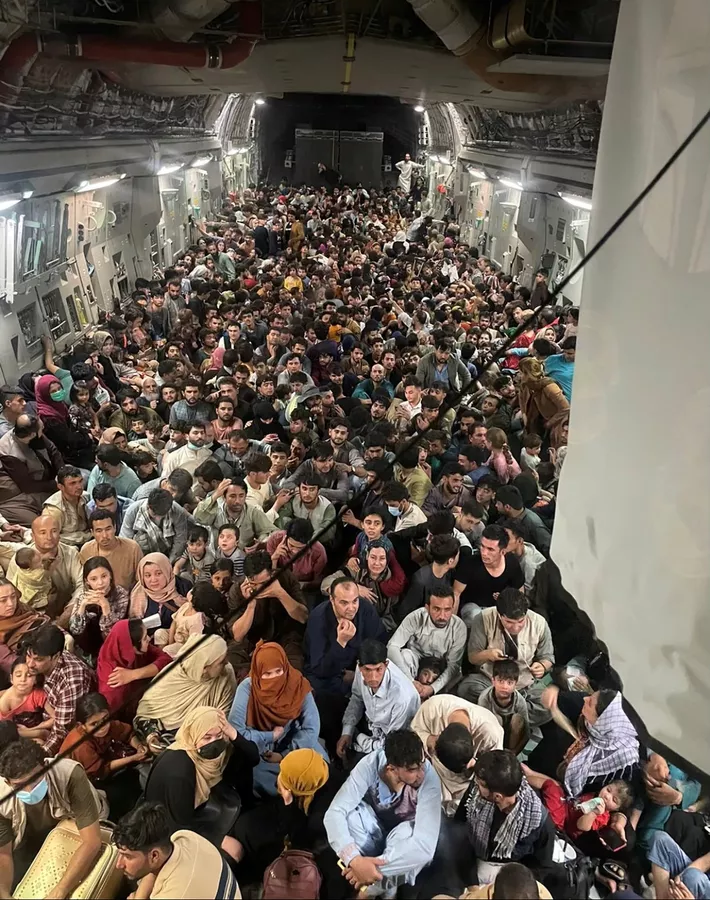RASC News Agency: The Associated Press reports that an executive order signed by U.S. President Donald Trump has plunged thousands of Afghanistani citizens who played a crucial role in assisting American military operations over the past two decades into uncertainty and despair. These individuals, many of whom applied for asylum in the United States, were instrumental in facilitating U.S. missions, serving as interpreters, drivers, and logistical aides during America’s longest war. One Afghanistani asylum seeker, speaking to AP on condition of anonymity due to fears of Taliban reprisals, stated:
“I am still in shock. I have already endured a four-year wait, clinging to the hope of escaping this nightmare, finding safety, and rebuilding my life in peace.”
Meanwhile, Shawn VanDiver, a retired U.S. Navy officer and the president of Afghanistan Evac, a coalition advocating for the resettlement of Afghanistani allies, condemned the administration’s decision:
“This is an indelible stain on our national honor. We have not only abandoned those who waited patiently for relocation but also those who have just arrived in the United States. This is an entirely solvable issue, and it is imperative to address it immediately in the interest of national security.”
During the chaotic U.S. evacuation from Kabul in August 2021, American military aircraft airlifted tens of thousands of Afghanistani citizens from Hamid Karzai International Airport. However, countless others were left behind, unable to board. Since then, the U.S. government had established various resettlement pathways for its Afghanistani allies, contingent on their contributions to the American-led mission in Afghanistan. These channels, however, have now been abruptly shut down.
In response, VanDiver penned a letter to U.S. Secretary of State Marco Rubio, warning of the far-reaching consequences of halting the resettlement process:
“This decision risks irreparably damaging trust, which could have severe implications for local support of U.S. forces in future conflicts.” He further emphasized:
“Denying exemptions in this process sends a dangerous signal to adversaries like ISIS that the United States abandons its allies. It also places the spouses, children, and parents of active-duty Afghanistani-American service members, who remain trapped in Afghanistan, at grave risk.”
As of yet, the U.S. State Department has not issued a response to these concerns.






